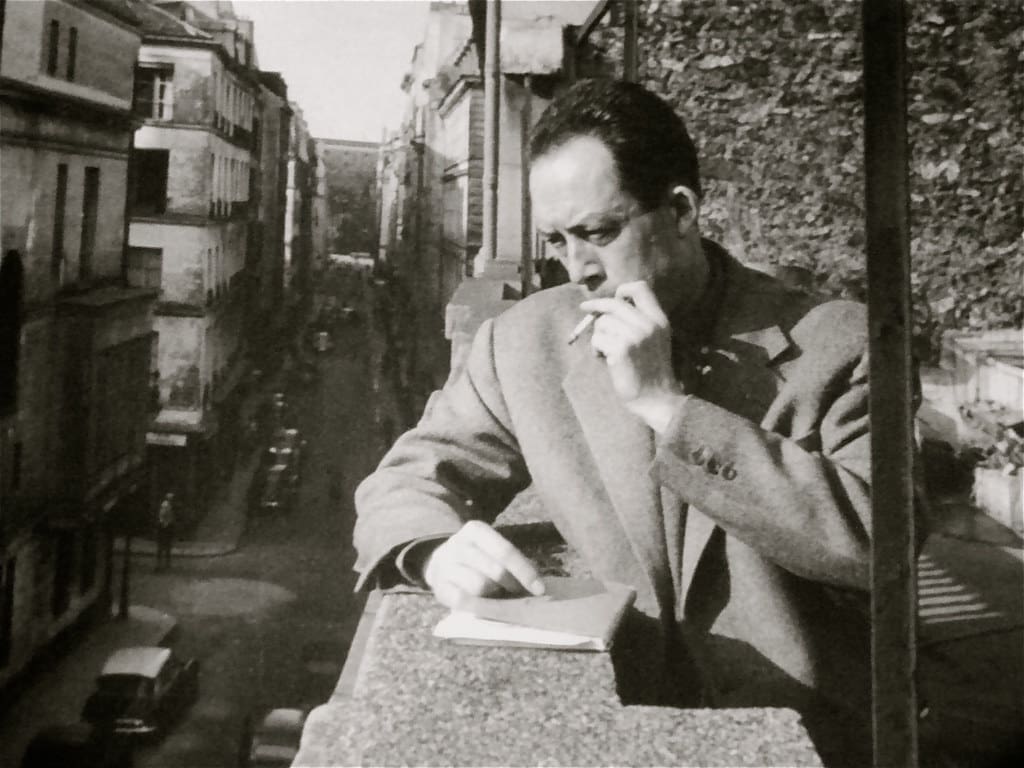The mist, dense,
floats inside my glass.
A small sun is on the back of an olive;
I take shelter on the terrace,
full of dilapidation.
The deck chair, the small table, a few plants:
Every tiny speck of dust
Will survive me,
Even the sun that is in the sky …
…And to think that without me
would still be wondering who pays for it,
For all that useless effort.
Now I see still the smoke from my cigar:
Einstein‘s God, tired of cheating,
changed the game.
By now, he watches, mesmerized by dances,
the whirling pirouette
Of a roulette wheel with infinite zeros.
Deposited for legal protection with Patamu: certificate
A brief note on the philosophy of nihilism
Nihilism is a philosophical doctrine that presupposes belief in the meaninglessness of life and the absence of intrinsic value or purpose in the universe. This viewpoint challenges traditional notions of morality, religion, and social norms, leading to a deep skepticism of established systems of thought.
Several critical philosophical currents have emerged from nihilism, including existential, moral, and epistemological nihilism.
Existential nihilism, famously expounded by Friedrich Nietzsche, questions the existence of objective meaning or purpose in life. Albert Camus, an existentialist philosopher, explored the concept of “absurdity” in his work, emphasizing the human struggle to find meaning in a world devoid of intrinsic value.

Moral nihilism, championed by thinkers such as Max Stirner and Friedrich Nietzsche, rejects the existence of objective moral truths and emphasizes individual autonomy and subjectivity in ethical decision-making.
Epistemological nihilism challenges the possibility of knowledge and truth by questioning the reliability of human perception and reason. Postmodern philosophers such as Jean-Francois Lyotard and Jacques Derrida have explored the implications of epistemological nihilism in deconstructing dominant ideologies and discourses.
These influential nihilist thinkers contributed to many philosophical perspectives influencing contemporary thought.
If you like this poem, you can always donate to support my activity! One coffee is enough!


